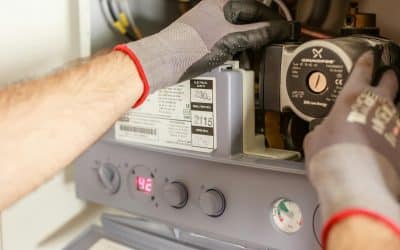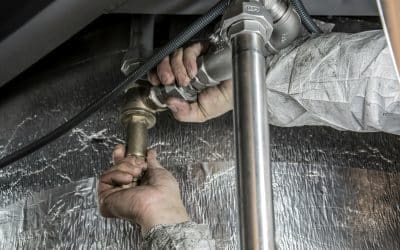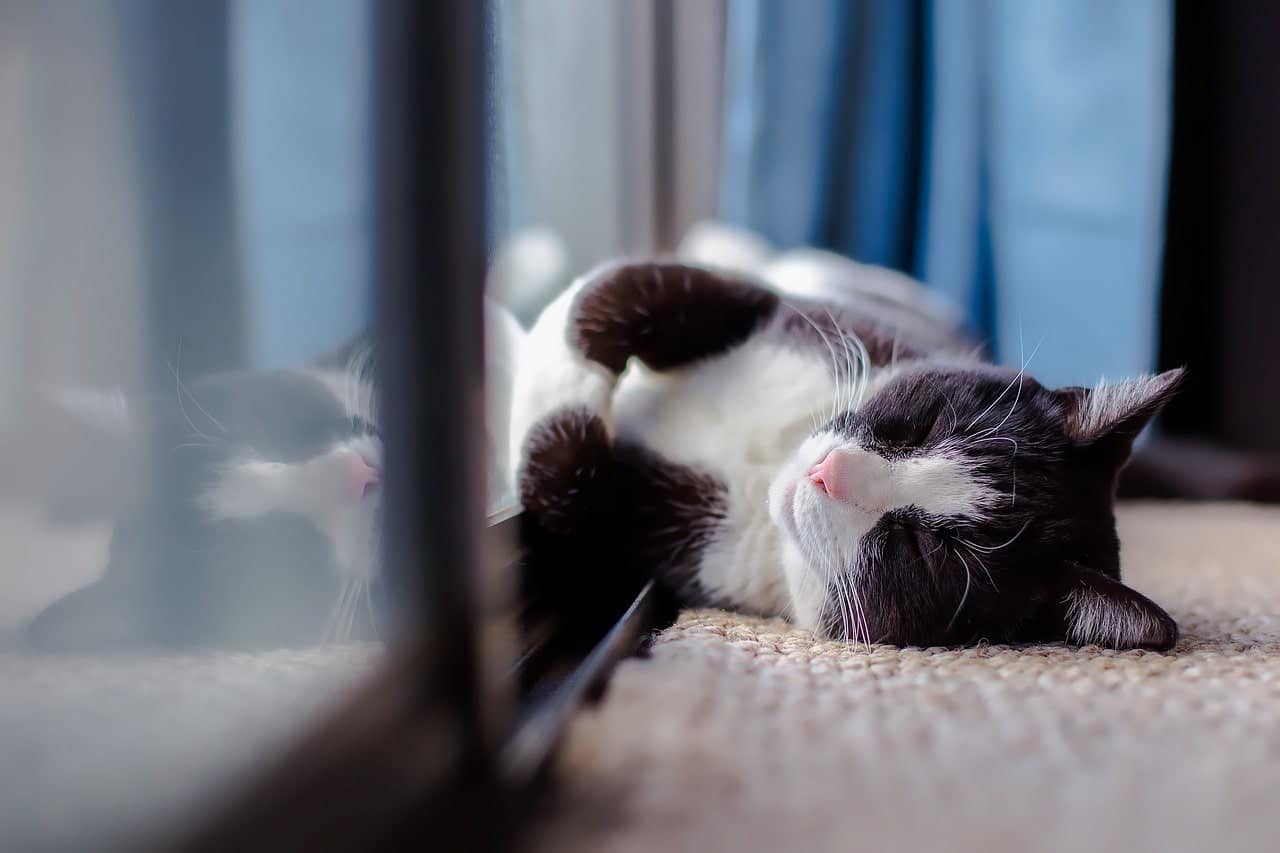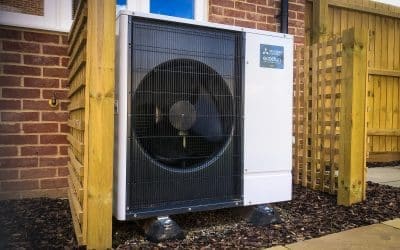We all know that heat pumps are a great sustainable HVAC system that is widely used across commercial and residential spaces.
Since these systems differ from the usual heating and cooling systems, there may be times when we encounter issues in parts of the system. That said, heat pump compressor issues are probably one of the most common problems that heat pump owners come across.
While these problems can be self-diagnosed and dealt with on your own, there are often times where neglecting to do so can prove costly for you. That said, if you’re looking to find out more about troubleshooting tips to deal with compressor issues, we’ve got you covered.
At JL Phillips, with our vast experience in providing heat pumps for both commercial and residential spaces, we know just about all there is to know about these sustainable heating systems.
We’ve put together a list of top 3 tips that can help you troubleshoot common heat pump compressor issues.
So without further ado, let’s take a look!
1. Check The Other Parts Of The Heat Pump
Most heat pump issues are easy to solve and require you to conduct simple checkups before calling a heating specialist to take care of the problem.
If you’re regular with your heat pump service and maintenance, you’ll also be able to spot the problem easily. If not, there are a few key areas that you’ll need to take a look at. These include checking if the air filters need replacing, making sure there is enough airflow and unblocking the filters.
Another thing you need to do is see if the unit is functioning continuously and lowering the thermostat level. With this, you also need to ensure there is enough voltage reaching your air handler with the power being supplied to the line properly.
If reducing the temperature doesn’t work, you’ll need to do a heat pump refrigerant check while also ensuring that your renewable heating system isn’t blocked by any external obstructions. Defrosting the iced parts can be another thing you could do to ensure your pump works well.
2. Look For Any Motor Problems
Burned out motors or hard starting motors are the two most common types of heat pump compressor issues. Checking on these when facing compressor issues is one of the first things you could take a look at to identify the problem.
Hard starting motors work with great difficulty with the compressor usually stuttering when it is turned on or off. The compressor may also start again only to turn off quickly after a few moments. On the other hand, a burned out motor will not work at all due to which your system won’t be able to function.
Another reason behind this could be the circuit burning out, causing the compressor to trip. With this, there’s a chance that enough voltage won’t be produced to run your compressor which can eventually damage your heat pump. Checking this beforehand can ensure you avoid any major expenses and keep the pump well-maintained at all times.
3. Check For Wiring Damage In The Compressor
A burned out motor can cause severe damage to the wiring inside the compressor that prevents it from starting. This damage is usually beyond repair and can’t be fixed easily as there’s a high chance that the windings too may be burned or must have fallen apart.
Here, you can use a voltage meter to check the resistance between the motor and terminals of the pump. If there is any absence of resistance, this signals problems in the windings attached. However, if the needles of the meter point towards infinity, this means that the compressor is completely burned through.
In any of these cases, you’ll need to replace your entire heat pump as the system won’t be able to function properly again.
Contact JL Phillips For Quality Heat Pump Installation
If any heat pump compressor issues that you’re facing points towards a heat pump replacement, JL Phillips can provide you with quality heat pumps for your property.
From air source heat pumps to ground source heat pumps, we provide you with quality sustainable technologies that can effectively heat and cool your home or office. We also provide repair and maintenance services that ensure your HVAC system is in good working condition at all times.
To find out more about our services, get in touch with us today!





